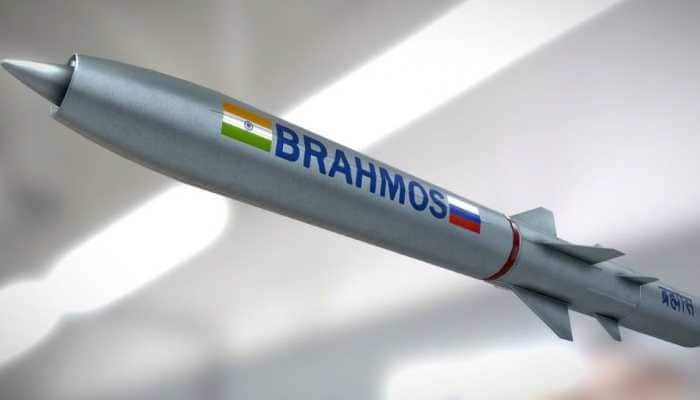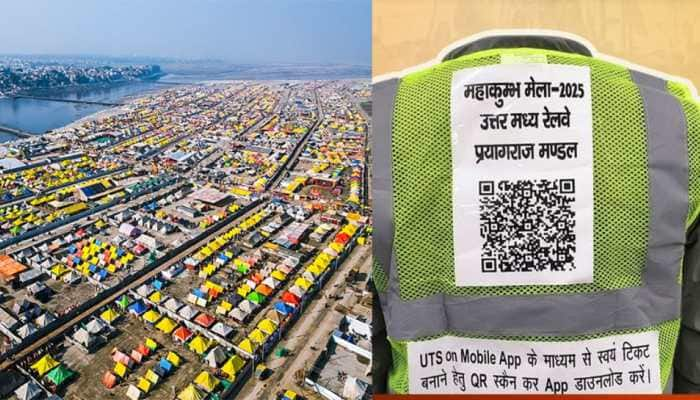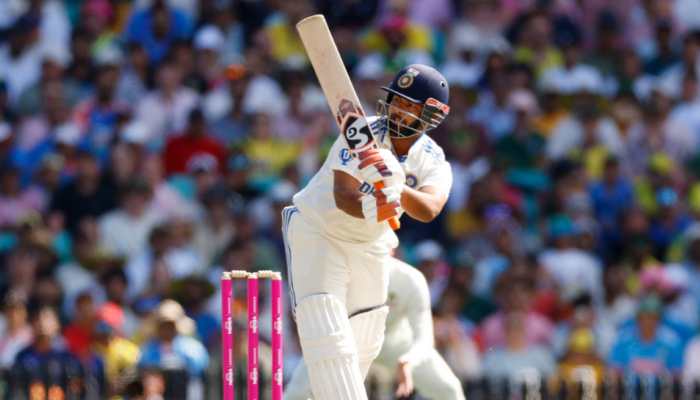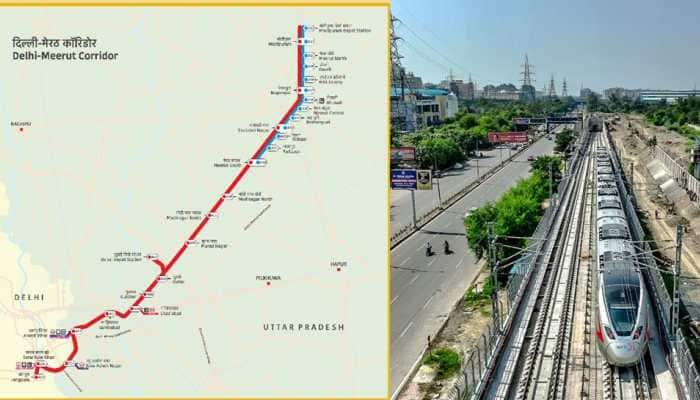Explained: How Did The Bangladesh Job Quota System Lead To Deadly Protests?
The protests began last month when the High Court reinstated a government job quota system, reversing the 2018 decision by Prime Minister Sheikh Hasina's administration to abolish it.
Trending Photos
) Students clash with police during a protest over a controversial quota system for government job applicants, in Dhaka, Bangladesh (Picture Source: AP)
Students clash with police during a protest over a controversial quota system for government job applicants, in Dhaka, Bangladesh (Picture Source: AP) Bangladesh Quota Protest: After a week of violent protests that claimed 139 lives in Bangladesh, the Supreme Court abolished the controversial job quota system on Sunday. The demonstrations started a month back when the High Court reinstated a quota system for government jobs, reversing a 2018 decision by Prime Minister Sheikh Hasina's government to scrap it. This system, which reserved 30% of jobs for families of those who fought in the 1971 war for independence from Pakistan, had been scrapped after similar student protests.
What Did The Supreme Court Said?
On Sunday, the top court ordered that 93% of government jobs be awarded based on merit, reserving only 5% for families of independence fighters and 2% for disadvantaged groups and the disabled.
What Is Job Quota System?
Bangladesh started a quota system for government jobs in 1972, which has changed over the years. When the system ended in 2018, 56% of government jobs were reserved for certain groups. Most of these jobs went to families of freedom fighters, women, and people from underdeveloped districts, with smaller portions for indigenous communities (5%) and disabled people (1%).
The students protesting want to get rid of all the quotas except the ones for indigenous communities and disabled people.
What Turned The Protest Deadly?
Student protests intensified when Prime Minister Sheikh Hasina refused to meet their demands, citing the ongoing court proceedings. She further inflamed tensions by calling the protesters ‘razakar,’ a derogatory term for those who collaborated with Pakistan's army during the 1971 independence war.
Last week, protests became violent when thousands of anti-quota demonstrators clashed with members of the student wing of Hasina's Awami League party. Police responded by firing rubber bullets, sound grenades, and tear gas to disperse the protesters, who had blocked railway tracks and major roads.
According to an Associated Press’ reporter, border guard officials were firing at a crowd of over 1000 protestors as they gathered outside the national television broadcaster’s office and set the building on fire.
According to a Reuters report, around 32 million young people in a population of 170 million are neither working nor studying. The economy, which used to be one of the fastest-growing in the world, has slowed down. Inflation is around 10%, and the country's dollar reserves are decreasing.
Stay informed on all the latest news, real-time breaking news updates, and follow all the important headlines in india news and world News on Zee News.
Live Tv







)
)
)
)
)
)
)
)
)
)
